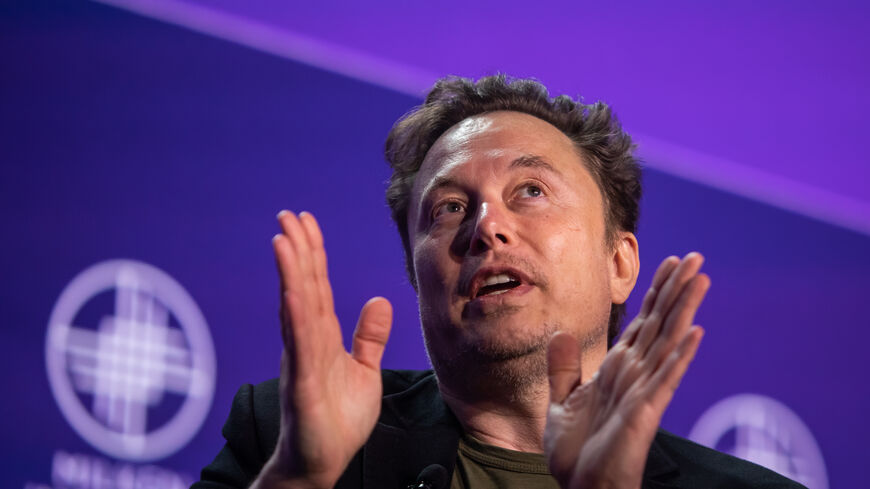With $40B fund, Saudi Arabia looks to become world leader in AI
The fund would make the Gulf state the world’s largest investor in AI and help the kingdom realize its Vision 2030 agenda to diversify the economy away from oil.

Saudi Arabia is to create a $40 billion fund to invest in artificial intelligence (AI), according to a report published Tuesday, as the kingdom looks to become a global leader in the fast-emerging sector.
The fund would make the Gulf state the world’s largest investor in AI and help the kingdom realize its Vision 2030 agenda to diversify the economy away from oil.
Saudi Arabia’s Public Investment Fund (PIF), which has more than $900 billion in assets, in recent weeks has been discussing a potential partnership with Andreessen Horowitz, one of Silicon Valley’s leading venture capital firms, as well as other prospective financiers for the fund, The New York Times reported Tuesday, citing three people briefed on the plans.
Andreessen Horowitz regularly invests in AI, and the company’s co-founder, Ben Horowitz, is friends with PIF governor Yasir Al-Rumayyan, the sources told The New York Times. The pair have mooted the possibility of the Silicon Valley firm setting up an office in Riyadh, one source told the newspaper.
Saudi Arabia’s new investment drive will likely take off during the second half of this year, and other global VC firms could participate in the fund, the sources said. The kingdom has also been heavily investing in cloud computing and other digital infrastructure that AI relies on. There has been no shortage of foreign interest too. For example, at Riyadh’s LEAP tech conference earlier this month, market maker Amazon Web Services (AWS) pledged to invest $5.3 billion into the kingdom’s burgeoning technology market to set up cloud data centers beginning in 2026.
The kingdom now is in direct competition with some of the top AI markets in the world, including the UK, Canada and Europe, though the two global tech superpowers are China and the United States.
Neighborhood rivalry
Saudi Arabia’s main regional rival is the United Arab Emirates, which in 2017 was the first country to ever appoint an AI minister. The minister, Omar Sultan Al Olama, said that more than 1,000 AI-focused businesses are now operating in the UAE. With a combination of lax regulation, sizeable tax rebates, “golden visas” offered to lure AI talent and other incentives, the UAE has sought to lure these companies to expand their presence in the country. There is also a tech hub in Abu Dhabi called Hub71, backed by sovereign wealth fund Mubadala Ventures, which is attracting startups to the UAE.
The Emirates has also been lobbying to poach some of the top AI companies in Europe to move their headquarters to the Gulf country. In recent months, Germany’s Aleph Alpha and UK-based Synthesia and StabilityAI were among the fledgling AI companies who were approached by Canada and UAE officials in a bid to persuade them to move locations, the Financial Times reported Tuesday.
Meanwhile, the European Union last week passed its AI Act, which is one of the world's strictest regimes over the technology. It bans systems that carry "unacceptable risk," such as those that use biometric data to identify sensitive information about a person, including their sexuality. The act also outlines separate regulations for general-purpose AI models such as ChatGPT.
The UK, for its part, is considered to have a more relaxed AI framework, where existing industry regulators create rules around the technology rather than draft bespoke new legislation. The country has a tech market worth over $1 trillion and many startups see London as a capital to raise startup funding.





